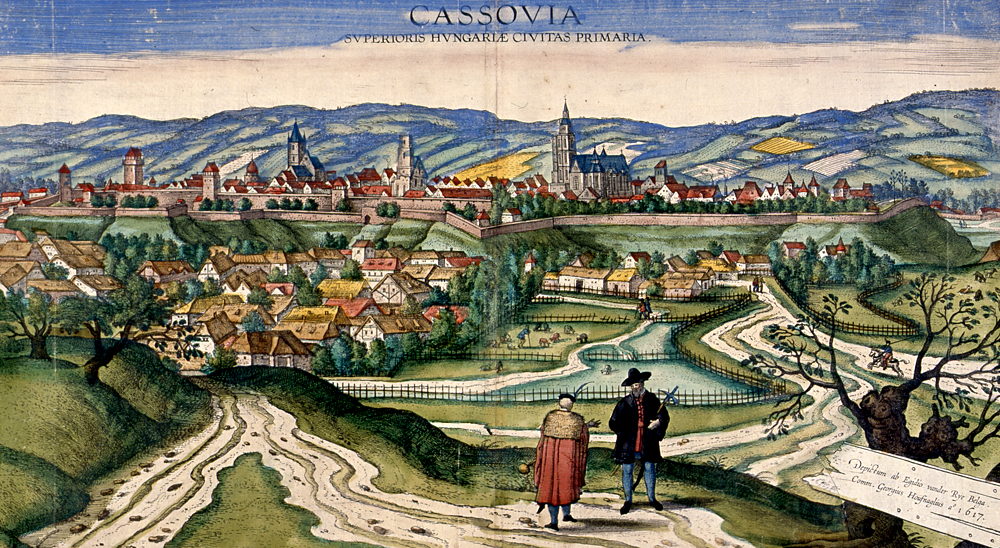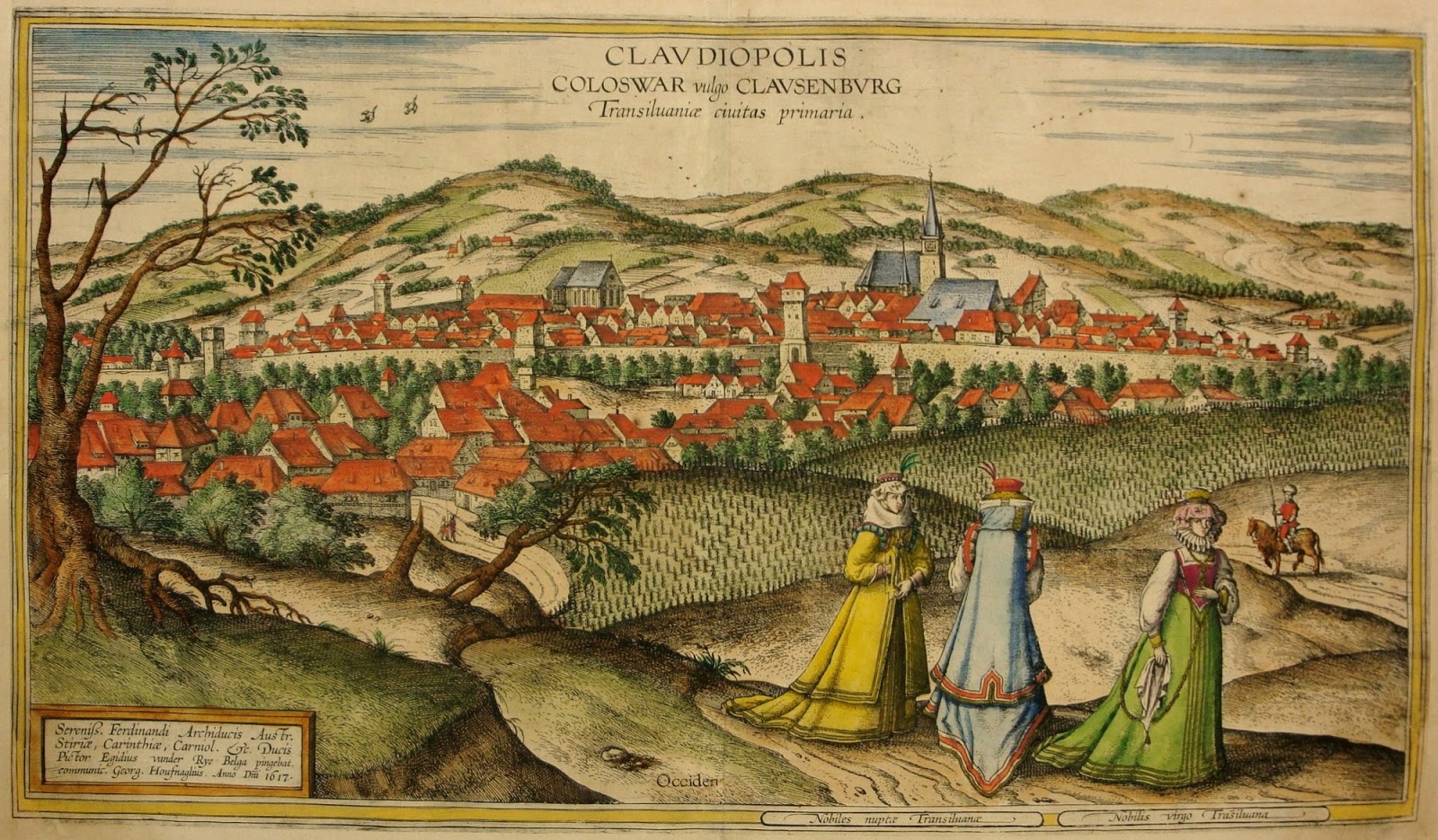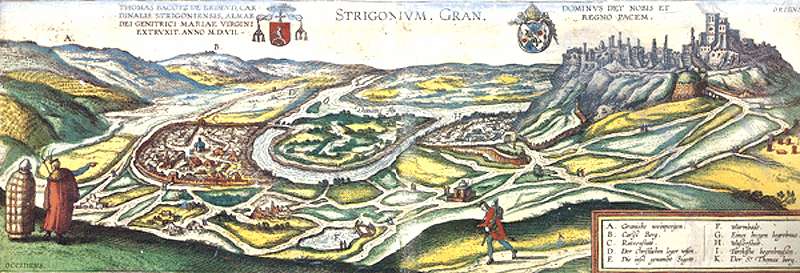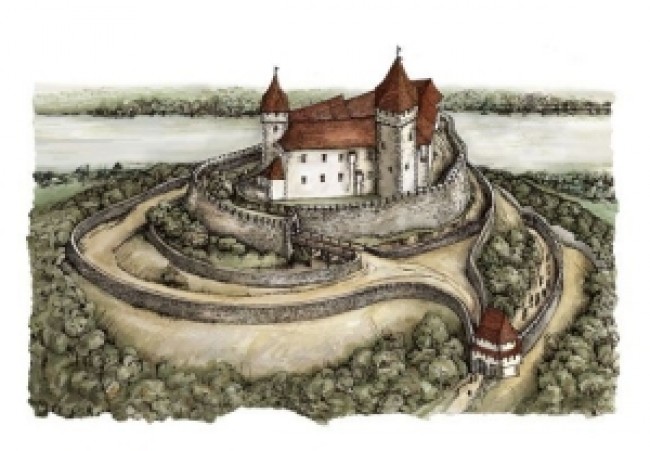Social classes are called
Estates in the Fair Kingdom.
Estates are closed social groups that have originated in the mediaeval period. Members of each estate enjoy certain rights or privileges and fulfil various duties towards the sovereign and other members of their estate. The estates differ in social function and economic status; they are basically legally defined entities. Each estate is an autonomous group, with its own courts and administration and its own representation at the level of state government. Membership in a given estate is hereditary, and mobility from one estate to another is difficult, although not impossible. Even the admission to the clerical estate somehow reflects one's previous estate, with nobles becoming prelates and priests of lower extraction staying in their parish. The principal estates are the aristocracy (nobility), the petty gentry, the burghers, and the free peasantry. Beyond the estate system there are various categories of semifree peasants and slaves. This is reflected in the composition of the Diet, which convenes the representatives of 4 classes: 1. the prelates of the Old Way; 2. the magnates or superior nobles; 3. the representatives of the inferior nobles; and 4. the representatives of the royal free towns.
Despite the great upheavals borne upon the land by the war between the mighty neighbouring empires, by religious strife, and by the emergence of a wealthy urban middle-class, the sytem of the estates is still firmly in place: the different classes in the nation enjoy different privileges. The noble as citizen
of the state may possess land in any part of the Fair Kingdom, but the burgher, as citizen of a town, can only acquire real property within its jurisdiction. The nobles cannot be arrested without the warrant of a judge, and then only for capital crimes. They are exempt from every ordinary contribution, and are the only class in the kingdom eligible to every office in the state.
The petty gentry are those members of the nobility who have the legal rights of that estate but who do not own serfs, and who work their relatively small landholdings by themselves. They tend to live in compact groups, in whole villages or parts of villages. The petty gentry became a distinct social class in the 14th century; it consists mainly of impoverished nobles, of retainers, and of elevated free peasants. The families of petty gentry often adopted the name of the village they resided in as their own.
Burghers are, in the broad sense of the term, urban dwellers employed in various skilled trades, industries, and commerce, as well as town and suburban residents employed in farming, gardening, fruit growing, etc. In the narrow sense, burghers are the inhabitants of royal free cities. As a result, the residents of small towns, particularly towns owned by nobles, enjoy significantly fewer rights than the residents of large towns that have full self-government.
Free peasants cultivate the ground for hire, and retain their freedom; they may quit the land of one lord ans settle on the domain of another. Many, however, have entered into contracts by which they agree to to till the ground for a stipulated sum, and it is unlawful for them to leave the land until the advances made by their proprietors have been paid, nor can they be turned out of their farms until they are indemnified for their labour.
Now to figure out how adventurers fit in all this :)













